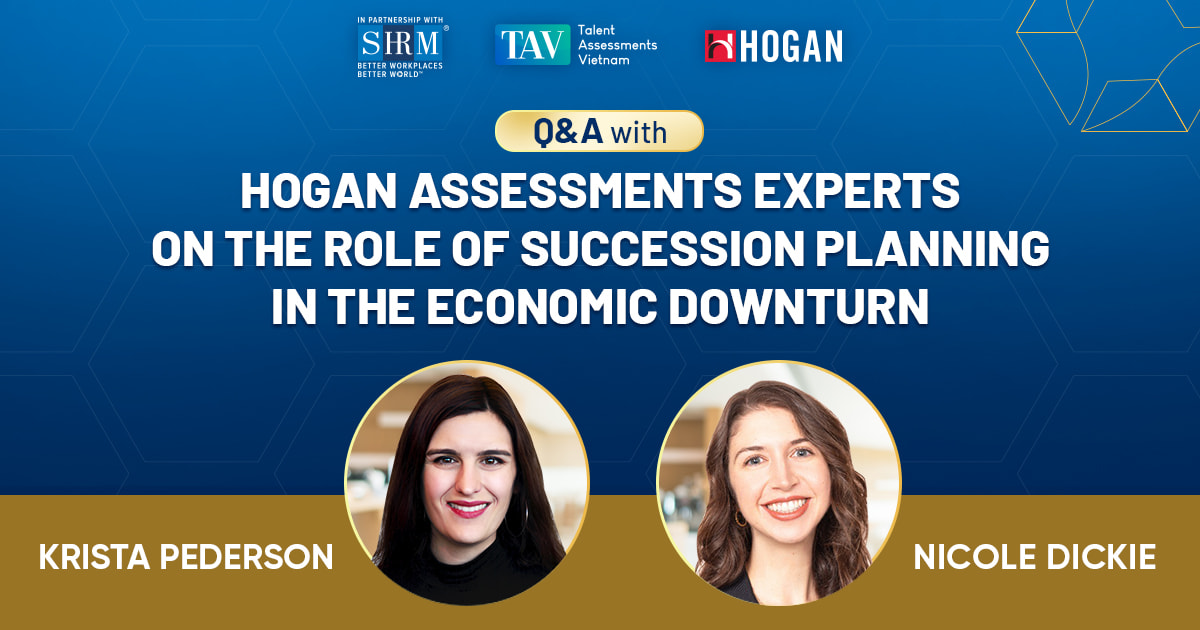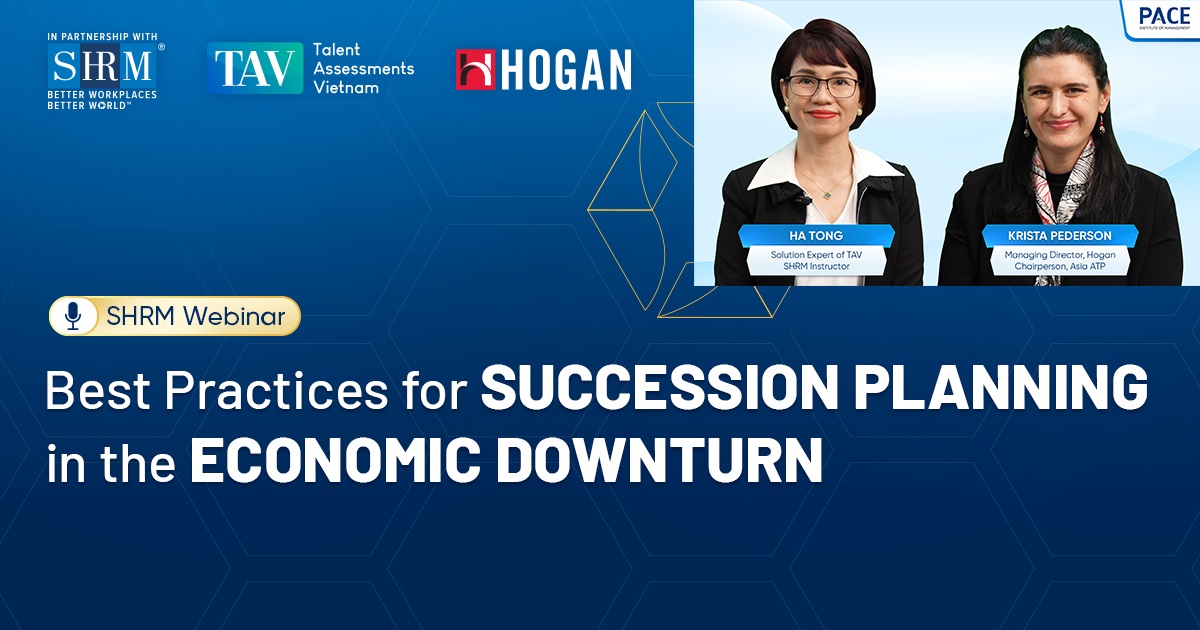HOW TO BUILD A COACHING CULTURE
Here are two Starbucks stores near my home. The coffee tastes the same at both. Their interiors are identical. The locations are equally close to where I live. But at one of the shops, the workers mumble and are more interested in the buttons on the cash register than the customer standing in front of them. At the other, the baristas make eye contact, engage in friendly small talk and serve me my grande mocha with a smile. Guess which one I visit more frequently?
I also happened to notice that one of the stores had a frowning, brusque woman behind the counter sporting a tag that said “manager” on it. Guess which location she was in?
Our leaders, including managers and supervisors, are key drivers of organizational culture, which influences everyone in the workplace. The benefit of strong cultures, of course, is that the people who operate within them tend to be engaged and motivated to put forth discretionary effort—which in turn creates better products and service, stronger customer loyalty, and a healthier bottom line.
So where does HR fit in to all this? You, who oversee those ever-important business resources called humans, have an amazing opportunity to coach leaders so that they can more effectively inspire others to perform.

Be a Coach
Learning to coach will require some true grit (a mixture of persistence, dedication and courage) on your part. It’s not like learning how to create a formula in Excel. Rather, it’s a skill that takes time and patience to develop. The bonus is that once you master the art of coaching, no one can take it from you—and you can leverage it as a strength for the rest of your career.
It’s also an effective way to boost your emotional intelligence, which refers to the ability to identify and manage your own emotions and those of others. Ninety percent of top performers have high emotional intelligence, according to Travis Bradberry, author of Emotional Intelligence 2.0 (TalentSmart, 2009).
Here are some coaching behaviors that you can start using today to get a sense of what’s on managers’ minds:
Acknowledge and validate. Many times, people just want to be heard. You can show that you’re listening by restating what others tell you. Start using phrases such as “What I hear you saying is …” or “It sounds like …” or “It makes sense that you’re frustrated if you feel like your worker isn’t giving you the respect you deserve.” Notice that you’re not necessarily agreeing to what the other person is saying; you’re simply paraphrasing and validating their feelings based on how they interpret the events.
Be curious, not judgmental. As humans, we often make snap judgments about situations before we’ve considered all the facts. Other people pick up on this and become defensive. However, if you can approach situations with sincere curiosity, others’ defenses will drop and you can engage in a much more effective conversation. Commit to making generous assumptions that give people the benefit of the doubt (yes, even that guy who cut you off in traffic this morning). Instead of jumping to a negative conclusion when you learn of a problem or conflict, ask yourself questions like “What else could be causing this?”
Ask open, empowering questions. Stay away from yes or no questions. Instead, make inquiries that begin with “what” or “how.” For example, instead of “Do you like your job?,” ask “What do you like about your job?” The answers you receive will be much richer with information and insights that you can use to move the company forward.
Read articles or take an online course. A search for “coaching” on www.coursera.org turns up 149 courses, most of which you can audit online for free. If you really want to get serious, check out a formal coaching program. There are literally hundreds of them available. And as long as you’re spending the time and money, I recommend those accredited through the International Coach Federation.

Build a Coaching Culture
Traditionally, many businesses have been characterized by a command-and-control style of management that is rapidly becoming less relevant—and less effective—in the 21st century workplace. Managers notoriously tell staff what to do instead of asking how they can help their direct reports achieve their goals. Here’s the problem with that approach: Although employees know what the business wants, the best way how to achieve that differs for each person, says Beth Healy, sales coach and president of Beth Healy Consulting in Milwaukee.
“When you have a coaching culture, you are investing in your employees in a way that is about them,” she says. Coaching allows people to do their jobs in a way that feels authentic for them—which makes them more excited about projects and thus more likely to successfully complete them.
“What works well for one person doesn’t necessarily work well for the entire team,” Healy says. For example, let’s say you have an outgoing salesperson who achieves a goal of selling 100 widgets by cold-calling and knocking on doors. This approach comes naturally to her. But if you instruct a more reserved employee to achieve the same goal in the same way, he may not be comfortable with this technique and won’t be intrinsically motivated. He will tackle the assignment with about as much enthusiasm as my daughter has when eating broccoli.
By coaching each person to find the right approach for them, individual differences shine through so that the whole company succeeds. The resulting formula goes something like this: the company what + the individual how = an increase in productivity and revenue.
If you motivate managers by coaching them, they will feel validated, accepted, challenged and relieved that they are finally moving forward with their teams. The coach is, in effect, providing an example for how these leaders can make their staffs feel the same way. Given enough time, the domino effect will continue and employees will start validating and moving clients, customers and colleagues forward as well. And—voilà!—a coaching culture is born.
|
Training Program
INTERNATIONAL HUMAN RESOURCE MANAGEMENT/IHRM
Internationalize the human resource management capabilities of HR professionals in Vietnam
Opening Date: Stember 13, 2018 in HCMC
Opening Date: Stember 20, 2018 in Hanoi
|








